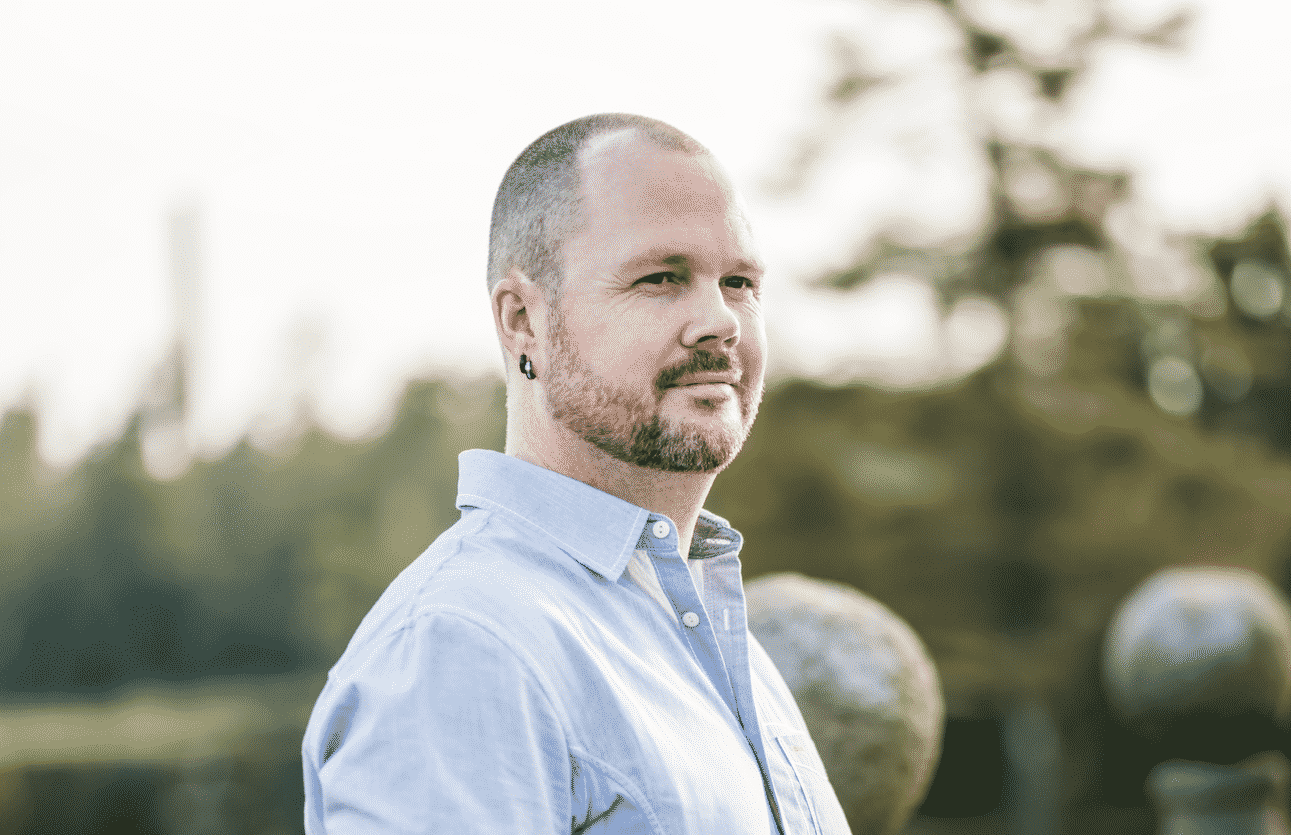Justin Noppé • • 4 min read
How to Hack Accelerated Learning and Remember Everything You Study

“Learning is not attained by chance, it must be sought for with ardor and attended to with diligence.”
―Abigail Adams
We’ve all been there. The exam is in 2 days, we haven’t had the time or motivation to study like we are supposed to, so we cram as much of our note revision as we can, take the test, and finally lose everything we crammed in those 2 days.
What is the alternative?
The method of study spouted by schools globally is the same. Yes I can say globally, as I have asked multiple students from multiple countries over multiple years how are they instructed to learn by schools and teachers. Highlighting key things, rewriting those highlighted things over and over again in a new notebook. Learning from that notebook.
It is no wonder that the world over, people run for the hills when people talk about study. Even when we learn simple things, teachers push us to blind repetition to get there.
Now, I want you to think of this as food. This manner of dealing with study is like a burger cooked by someone who doesn’t know how flavourful burgers can be, how to season meat, how to add a simple ingredient that excites the tastebuds a little. Now I want you to think that there are also gourmet burgers in the word. Different flavours to suit different tastes and moods too. Everyone can be satisfied.
For some people, the boring, flavour-lite burger is fine. It gets the job done. For others, craving more, these burgers seldom do anything else than provide a means to an end.
So what does a masterful learning burger look like?
How can we learn to make an amazing burger?
Our learning process is quite complex with many moving parts. What are you trying to learn? There are ideas to comprehend and facts to memorize depending on your subject
How deep would you like to go? Basic levels could be achieved very quickly, more mastery = more energy.
How well would you like the memories to be formed? If you are looking for recall but there is no demand on how fast you need to recall, nor that you will need it after 3 days, there are great systems for that. For memories that are automatic and come out without thought, there are systems for that too.
How much time do you have to dedicate? Imagine you have 15 minutes a day for 3 months, the system of learning should be very different from what you would do if you studied hard for 9 hours a day for 3 days.
The results would also be very different.
How good are your existing study skills? If you are quite good at sitting at a desk and putting in the time, you would get a very different result from someone who is still learning to be disciplined.
All of these factors are taken into account. However, there are universalities to factor in which could add value to our existing studies before needing to go to this level of depth.
1 – Our memories start with how we comprehend something
All too often we start by trying to do, before noticing a lot of details or connections.
Spend some time looking at the data, rearranging what you want to put in your head in various ways.
2 – Our memories require less rote learning and last longer if they are encoded with things that are more engaging.
There are so many ways of encoding memory. Crazy visuals to associate sound is a popular method, ie, a cow with a vacuum cleaner to remember the Spanish word for cow is ‘vaca’. Silly yet incredibly effective. The Zulu word for dog: imagine a dog in a ridiculous ninja costume running around fighting lions, defending the word ‘ninja’, and the lions eats the first N, ninja minus the N = inja.
*disclaimer: this is by no means a manner to learn a language, there are far more effective ways and I abhor memory wizards who tote this manner of language acquisition. This is a means to demonstrate stronger encoding leads to less rote repetition and faster, more meaningful usage.
3 – Our memories are best formed when we give them a chance to get past the short-term memory.
This means giving them a chance to be forgotten and then trying to pull them from the depths of your memory. More and more will come back each time, because each time you pull it out, you will notice that it isn’t complete, then refer to your notes to complete it, then be able to pull more out from the depths the next time. Try testing yourself before each session and pay attention to what comes out of your mind without assistance from your notes.
4 – Our memories become faster and more connected the more we rehearse them.
Learning by doing is universally understood as a great step of the learning process. This is because we have the chance to rehearse our memory without any stakes, without a fear that failure results in big issues, and with the ability to shift and change any bad habits. Try doing focussed repetitions, make an effort to do ten of your best repetitions.
5 – Our memories become a lighter load to recall, the more we rehearse them with an added stressor.
We have all experienced it. We need to be able to access something from our memory; an answer, a sentence in a language, a skill. Stress has a funny, and biological, way of shutting down our rational neocortex. If we want access to our skills/ memories in times of stress, we need to rehearse stress. The more we can simulate the actual circumstances, the better. the more we are able to push our stress while simultaneously successfully recalling what we want, the better.
Using these guiding lights in our practices means that we will get more and better results for our time in. Our memory burgers will be cooked with the best ingredients and smothered in lovely delicious brain sauce, changing the boring tedious taste of rote learning into something we look forward and often become engaged in.








